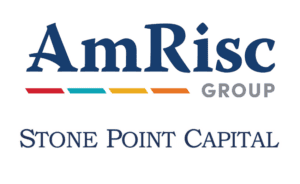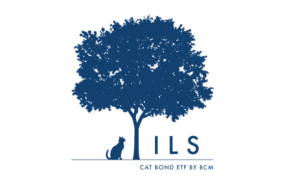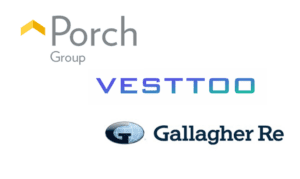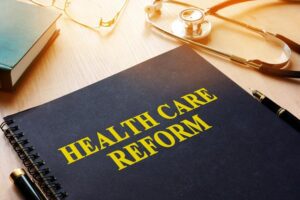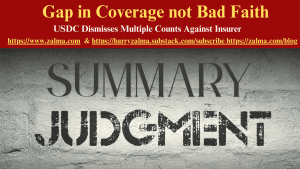Find a fairer way: ICA launches ESL election campaign

The Insurance Council of Australia (ICA) has made NSW’s controversial Emergency Services Levy (ESL) an election issue by demanding that whoever wins the state vote on March 25 finds “a fairer way”.
ICA today launched an advertising campaign stressing the fact that NSW is the last mainland state to fund emergency services through a levy on insurance premiums.
At a time when insurance affordability is such a problem, ICA says the levy adds 18% to home insurance premiums and up to 40% to business premiums. The National Insurance Brokers Association today welcomed the ICA’s campaign and backed calls to abolish the ESL.
NSW almost ditched the ESL in 2017, but backtracked after some businesses claimed they’d be worse off under the proposed replacement property levy.
ICA says it has carried out research to show that two thirds of NSW residents support the replacement of the ESL – which funds Fire and Rescue NSW, NSW Rural Fire Service and NSW State Emergency Service – with an alternative funding mechanism.
“The ESL is an inefficient tax which punishes people who take out an insurance policy, and large self-insurers don’t pay it,” ICA CEO Andrew Hall told Insurance News.
“This is a conversation that has simply got to be had. It’s a large piece of revenue to simply overturn overnight but we need to start the process of finding a fairer way to raise this money.”
Mr Hall accepts that the emergency services need to be paid for, but says it makes no sense to attach a tax to insurance, especially when insurance cover is more important than ever to NSW residents.
ICA says in NSW 13% of households are uninsured – twice the rate of neighbouring Victoria, which abolished its fire services levy in 2013.
“Whenever you change a tax mix it’s a balloon that you poke on one side and it comes out the other,” Mr Hall said.
“But in the past few years NSW has had everything – fires, the mouse plague, floods, hail. At the end of the day it’s a state that needs insurance and taxing it this way is just so inefficient.
“Our fundamental argument is that there is a fairer way of raising the revenue that reflects the fact that emergency services don’t discriminate who they help.
“It’s not like the old days when if you had a shield on the front of your building the fire brigade would actually stop.
“It’s a community service like the police, like hospitals, and simply taxing the insurance policies of those who have insurance, it’s just unfair.
“People who live in risky areas who need insurance – because of the way the levy is calculated, they actually pay more.
“You’re almost doubling down on punishing those people who really should have insurance, and if they don’t have insurance it falls on the taxpayer to help them out.”
Mr Hall says people don’t realise just how much tax they are paying on their insurance premium. As well as the ESL, there’s GST and stamp duty.
He says insurance stamp duty “will have its day”, but that will require broader tax reform across all states, apart from the ACT which has already abolished it.
As well as the ESL demand, the ICA has published other policy recommendations, including preventing the development of homes in high-risk areas.
“The NSW ESL weakens our collective capacity to recover from natural disasters and increases the burden on NSW taxpayers for financial relief,” Mr Hall said.
“We encourage whoever wins the NSW election in 40 days’ time to urgently take up this and the other eight policy proposals to reduce risk and improve insurance outcomes in the state.”
See Analysis.
